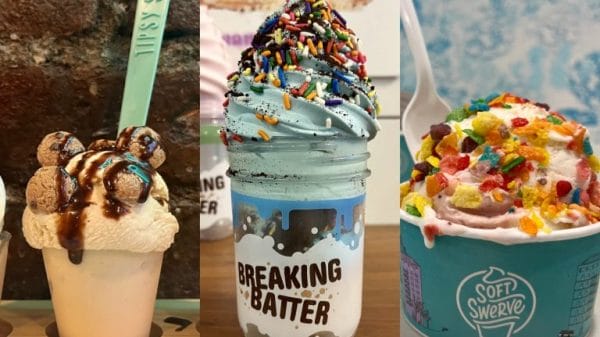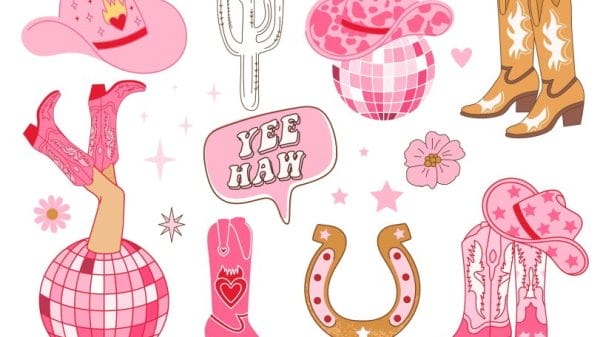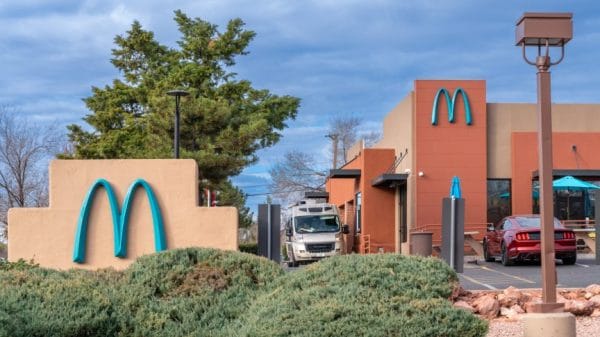A recent study unveils that Millennials believe they need a $525,000 annual salary to achieve financial happiness. Surprisingly, they might not be wrong.
A new study reveals that money can buy happiness and that millennials believe that this would come from a $525,000 annual salary. While this seems unrealistic, Nobel Prize recipient, Daniel Kahneman, unveils that they have got it bang on.
A Shocking Survey: Gen Z to Boomers
In a world that runs on digits and dollar signs, a recent survey by Empower, a financial services company, has sparked conversations about pursuing financial happiness. The survey, conducted by The Harris Poll in August 2023 involving 2,034 Americans aged 18 and over, reveals a surprising insight. The average person believes that money can buy happiness, but they need $1.2 million in the bank to achieve this. However, for millennials, happiness comes with a more specific price tag – a weighty $525,000 annual salary.
While the average respondent believes they need $284,167 each year to be happy, the survey highlights the differences in financial aspirations across generations. Here’s what each generation said they needed to earn annually to achieve financial happiness:
- Gen Z: $128,000
- Millennials: $525,000
- Gen X: $130,000
- Boomer: $124,000
So Why The Gap?
Gen Z believes they need significantly less than a year to be able to achieve financial happiness, but why is this?
Economic conditions and job markets can significantly impact income expectations. Millennials, for instance, may have experienced the impact of the 2008 financial crisis, while Gen Z is shaped more by recent global events. Alongside this, Millennials may carry heavier student loans and debt burdens compared to Gen Z, affecting their perceived need for high incomes.
Yet, the equation for financial happiness extends beyond the confines of an annual salary. The survey reveals that inflation and the burden of student loans cast shadows on all Americans’ financial security. Interestingly, finding comfort in spending on everyday items emerges as a key factor in enhancing the sense of financial well-being. Notably, 62% of Millennials were willing to allocate $7 for a daily coffee “because of the joy it brings.”
Who Is Correct?
A 2023 study coauthored by another Nobel Prize recipient Daniel Kahneman, revealed a noteworthy correlation. Higher earnings, up to $500,000 annually, can positively impact happiness. The findings completely align with the predictions of Millennials surveyed in a separate study, suggesting that money can buy happiness.
Matthew Killingsworth, a senior fellow at Penn’s Wharton School and coauthor of the study, simplifies these conclusions.
“In the simplist of terms, this suggests that for most people, larger incomes are associated with greater happiness. The exception is people who are financially well-off but unhappy. For instance, if you’re rich and misterable, more money won’t help. For everyone else, more money was associated with higher happiness to somewhat verying degrees.”
Matthew Killingsworth
This perspective contrasts with a 2010 study by Nobel Prize recipient Angus Deaton, which suggested that money could enhance happiness only up to an annual income of $75,000. Beyond this threshold, additional income had minimal impact on overall happiness.
This simply reveals the changing economic landscape that Gen Z has experienced versus Millennials.
Could We Reach The Millennial Happiness Threshold?
Even though Gen Z believes the minimum amount of money they need to be happy is significantly lower, I’m sure everyone is wondering whether the $525,000 dream is within our grasp.
Recent economic trends suggest that achieving financial happiness goals for Americans might become more achievable. Inflation is going downward as the United States rebounds from the COVID-19 pandemic. The Consumer Price Index, a measure of inflation, showed a year-over-year increase of 3.2% in October, marking a decrease from the 3.7% recorded a month earlier.
Adding to the positive outlook, the Federal Reserve has halted its interest rate hikes in response to encouraging inflation data. Moreover, the central bank is no longer predicting a recession as the year draws to a close. These factors collectively contribute to a more favorable environment for Americans pursuing their financial happiness objectives.
This is good news for all Americans who are chasing the Millennial dream of $525,000 a year.
Can Money Buy Happiness?
The pursuit of financial happiness is a dynamic journey influenced equally by economic, societal, and individual factors. The $525,000 benchmark set by Millennials reflects not just a financial goal but a broader aspiration for a content and fulfilling life.
Ultimately, financial happiness is more than income. It’s about balance, purpose, and satisfaction in our financial choices. In our journey, feeling joy isn’t just found within reaching milestones but in daily experiences. After all, the true measure of happiness can always extend far beyond dollars on a paycheck.
If you want to find out more, click here.













